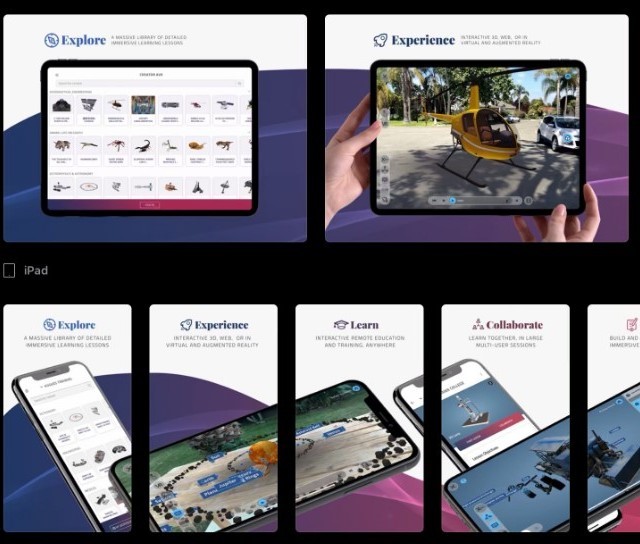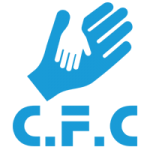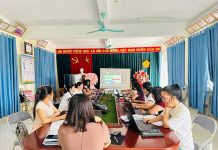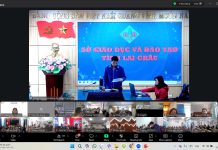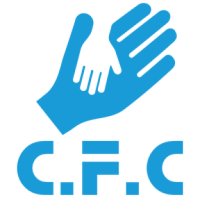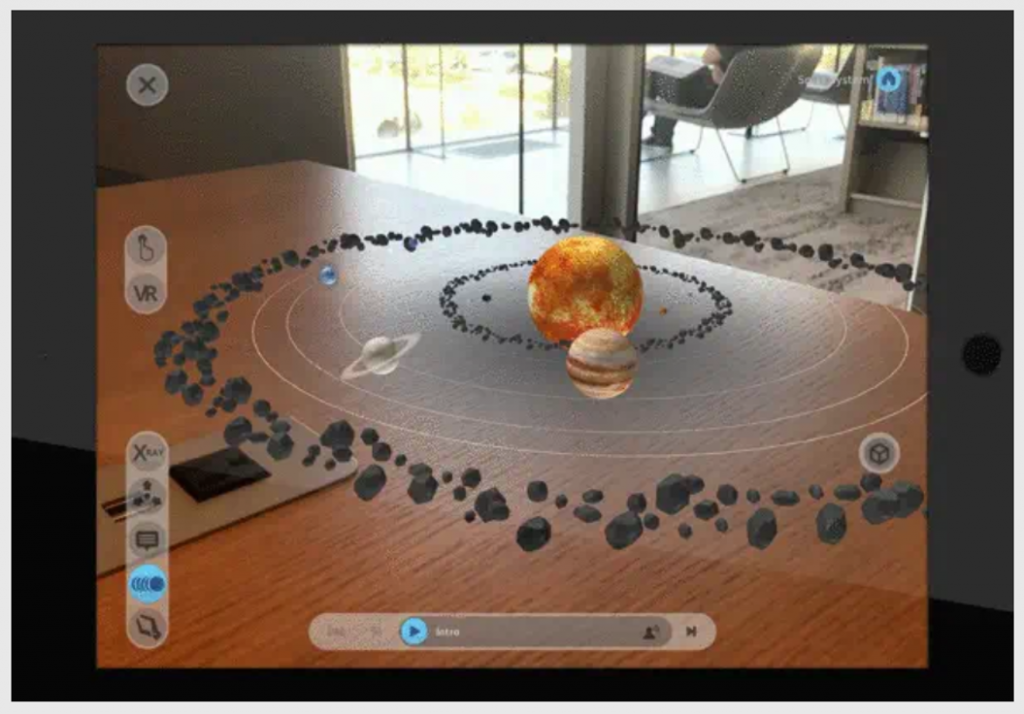
As we begin the third decade of the 21st century, UNICEF, the Ministry of Education and Training of Vietnam, and Vietnamese educators are increasingly recognizing the following: that children need to be digitally literate, digital literacy is a growing part of any approach to skills development, existing tools to develop and assess digital literacy place too little emphasis on children, and countries who plan to embrace digital literacy programs should do so thoughtfully from a context-driven approach. With support from UNICEF, the Ministry of Education and Training of Vietnam is drafting its first ever digital literacy framework with a focus on children. The recent global COVID-19 outbreak has further highlighted the need for effective online knowledge transfer solutions that can easily be developed, deployed, and applied at a wide scale.
UNICEF is granting CFC Vietnam and its technology partners OMT and EON Reality funding to implement a program in 2020-2021 to develop, test, and institutionalize technology-based innovation at preschool and secondary schools in a number of cities and provinces in Vietnam, starting with Hanoi, Lao Cai, Kon Tum, and Dong Thap.
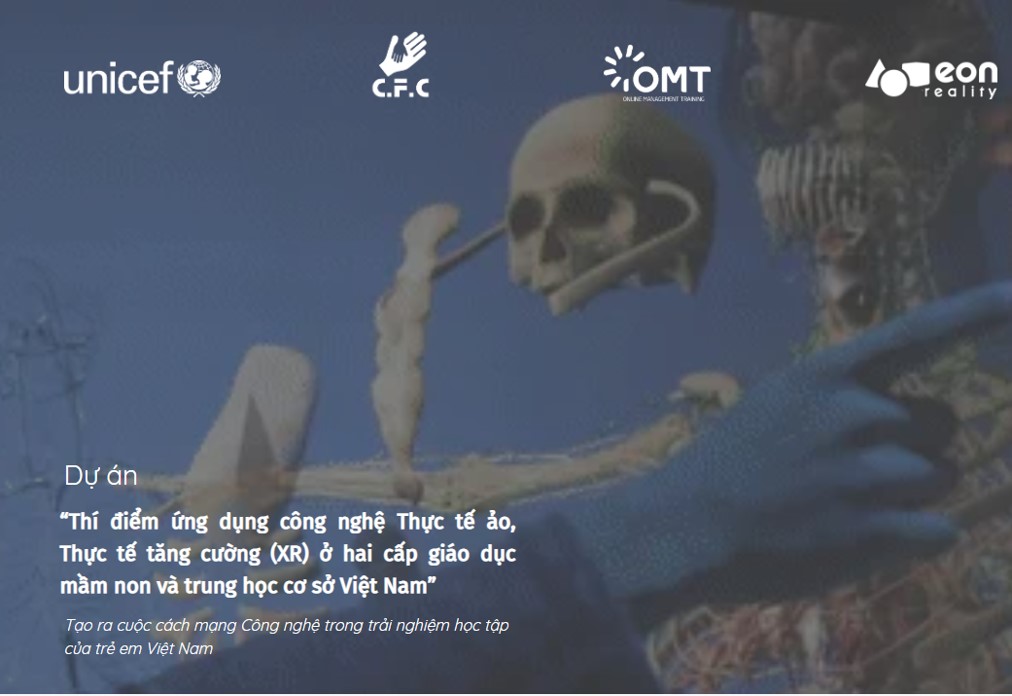
The program aims to support teachers with new approaches to collaborative and adaptive learning in order to yield measurable impacts on the learning of students, focusing on digital literacy and transferable skills. Ultimately, this program contributes to the strengthening of Vietnam’s national capacity to develop and manage inclusive, equitable, and high-quality policies, programs, and budgets for the integration of digital literacy and transferable skills into Vietnam’s education system. Specifically, the program aims to introduce teachers to AVR (Augmented and Virtual Reality) technology and build up their capability to use it as an innovative tool. In preschool, kindergarten, and lower secondary schools, AVR will be used to support digital learning in remote areas, with a special focus on female ethnic minority students. The relevance and sustainability of this pilot program will be assessed for its introduction in teaching and learning at two education levels. The program is expected to provide recommendations for medium-term actions, contributing to the country’s digital literacy framework focusing on children.
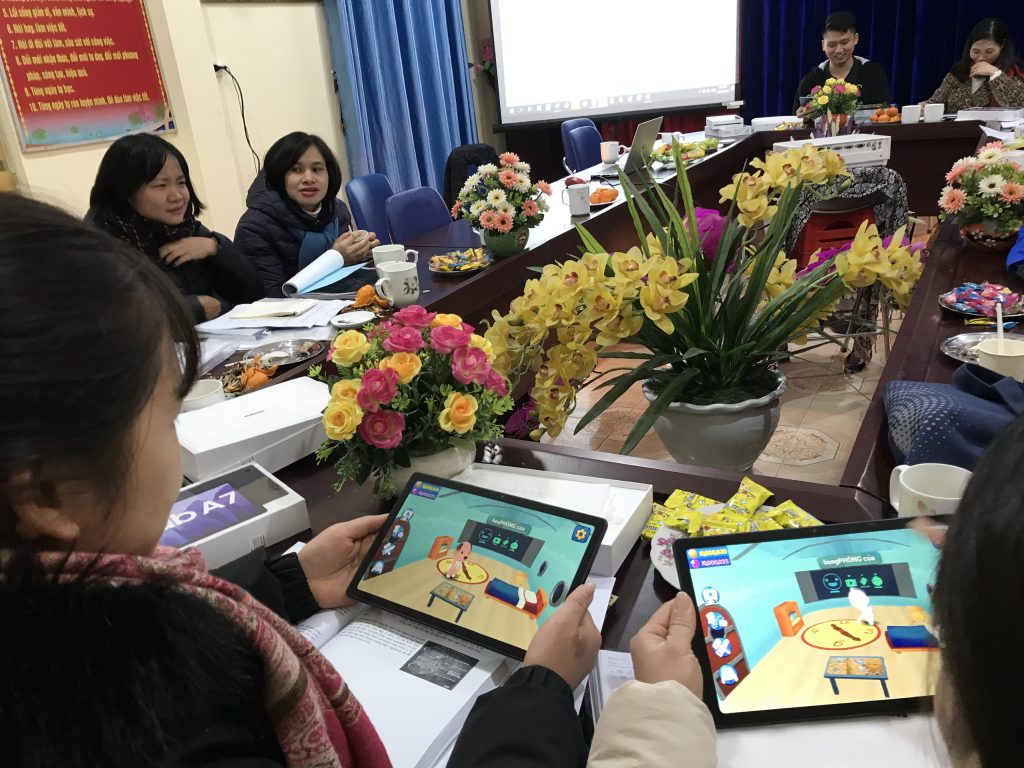
EON Reality’s AVR Platform enables the use of smartphones and tablets to deliver immersive education and training experiences in AVR – and provides teachers with a no-coding-required platform to easily create applications, with access to over 800,000 assets. In Vietnam, concurrently with the implementation of this UNICEF-sponsored pilot program, CFC and OMT will also engage teachers, lecturers from the VNU University of Education, Vietnam National College for Education, the Olympia Schools, and Luong Van Can High School to create Vietnam-specific lessons on the AVR Platform for their own classes and for sharing with the Vietnamese teacher community.
